Publication Type: Journal Article
Name of Aurthor(s): Yasmin Binti Kamall Khan
Abstract:
This study explores the strategic links between organisational capital and innovation performance in Australian SMEs. This study classified organisational capital as information technology as per hardware and software; and equipment or machinery that was applied in the firm. A sample involving SME from various industries was adapted from the Business Longitudinal Database (BLD) from the Australian Bureau of Statistics (ABS). The analyses validate that information technology capabilities is essential for achieving innovation performance. However the relationship decline over time for different type of innovation. Thus, SME managers should be carefully in investing in appropriate information technology in order to facilitate innovation in their firm.
Publication Type: Journal Article
Name of Aurthor(s): Yasmin binti Kamall Khan & Azlin Shafinaz Mohamad Arshad
Abstract:
Open innovation has so far been studied mainly in high-tech, multinational enterprises. This conceptual paper on innovation ecosystem studies scrutinizing open innovation practices that has been applied by firms focusing on small- and medium-sized enterprises (SMEs). Within the review, we defined the innovation ecosystem, explaining on the innovation issues in SMEs, open innovation as well as close innovation. SMEs pursue open innovation primarily for market-related motives such as meeting customer demands, or keeping up with competitors. Their most important challenges with open innovation are securing the trade secrets. However, SMEs have option either to proceed with open innovation or closed innovation. Open and close innovation has its benefit and weakness; therefore SMEs must identify their main objectives in the business. The future directions of this issue are discussed.
Publication Type: Journal Article
Name of Aurthor(s): Siti Khadijah Binti Omar, Marziah Binti Mokhtar, Azlin Shafinaz Binti Mohamad Arshad
Abstract:
The purpose of this paper is to explore the saving behaviour of pre-degree students. The determinants adopted in this study are financial literacy, parental socialization, peer evaluation and self-control using Theory of Planned Behaviour (TPB). This study uses quantitative approach where survey questionnaire was distributed using stratified random sampling to pre-degree students studying at Centre of Foundation Studies, Universiti Teknologi MARA, Dengkil Campus. A total of 300 questionnaires were distributed and only 193 were deemed to be usable. The study reveals that the pre-degree students have good saving behaviour as many of the tested variables such as financial literacy, parental socialization, peer evaluation and self-control were all positive especially for parental socialization. The study provides some insights on the saving behaviour of pre-degree students and factors that influence and encourage them to save.
Publication Type: Chapter(s) in Book
Name of Aurthor(s): Sh. Zannierah Binti Syed Marzuki, Colin Michael Hall and Paul William Ballantine
Abstract:
Publication Type: Journal Article
Name of Aurthor(s): Jalilah Ahmad, Rosmimah Mohd. Roslin and Mohd. Ali Bahari Abdul Kadir
Abstract:
The global Halal industry is large and continues to grow as the global Muslim population increases in size and dispersion. There are 1.84 billion Muslims today spread over 200 countries and is expected to increase to 2.2 billion by 2030. The industry will be worth USD6.4 trillion by the end of 2018 with more non-traditional players and emergent markets. The stakes are high with pressures to generate novel and sustainable practices. This goes beyond systems and hard skills as it needs to cut into the self –the person of virtues in virtuous acts, not because they “have to” but because it is the purpose of humankind or his telos -to be “living well” and “acting well” or eudaimonia. This study seek to explore Halal executives’ lived experience of “eudaimonia.”. Using Giorgi’s descriptive psychological phenomenological method for data analysis, the study elicits two distinct invariant structures –‘disequilibrium in status quo’ and ‘divinity salience’.
*as at 17th Sep 2019








